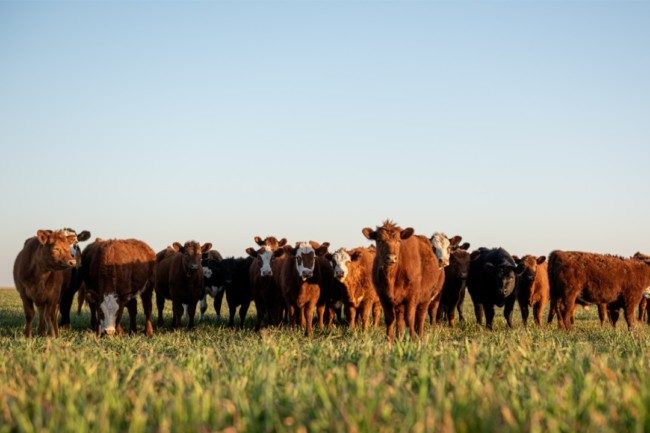WASHINGTON – The US Department of Agriculture (USDA) has launched a multi-step effort to strengthen standards used to substantiate animal-raising claims such as “grass-fed,” “free-range,” and “raised without antibiotics,” among others. The Food Safety and Inspection Service (FSIS) of the USDA has received petitions, comments and letters from various industry stakeholders asking the agency to reevaluate its oversight of how animal-raising claims are substantiated.
FSIS most recently updated its guideline on “grass-fed” and “free-range” claims in 2019. But the spotlight now has turned to the veracity of “negative” antibiotics claims such as “raised without antibiotics” or “no antibiotics ever”.
To address concerns, FSIS, along with USDA’s Agricultural Research Service (ARS), will be conducting a sampling project to assess antibiotic residues in cattle marketed for the “raised without antibiotics” market.
The agency said project results will help inform whether FSIS should require that laboratory testing results be submitted for the “raised without antibiotics” claim or start a new verification sampling program.
“We look forward to working with USDA to ensure labels are truthful and not misleading,” the North American Meat Institute said.
Additionally, FSIS will be issuing a revised industry guideline to recommend that companies strengthen the documentation they submit to the agency to substantiate animal-raising claims. FSIS said it would “strongly encourage” the use of third-party certification to verify these claims.
“Consumers should be able to trust that the label claims they see on products bearing the USDA mark of inspection are truthful and accurate,” said Agriculture Secretary Tom Vilsack. “USDA is taking action today to ensure the integrity of animal-raising claims and level the playing field for producers who are truthfully using these claims, which we know consumers value and rely on to guide their meat and poultry purchasing decisions.”
In response to USDA’s announcement, Dena Jones, farmed animal program director for the Animal Welfare Institute (AWI), said the organization welcomed the actions USDA-FSIS intends to take to strengthen the agency’s label approval program.
“AWI has issued multiple reports over the last decade documenting how the USDA routinely allows producers to use “higher-welfare” claims on products from animals raised under conventional industry standards,” Jones said. The current approval process is inadequate and ripe for exploitation.
“We have long urged the USDA to require producers to obtain third-party certification to verify certain animal-raising claims, such as holistic assertions related to animal welfare (e.g., “humane”) and environmental stewardship (e.g., “sustainable” or “regenerative”). Allowing producers to make animal welfare claims without adhering to higher standards harms animals, higher-welfare farmers, and consumers who expect these claims to indicate better treatment of animals,” she said.



